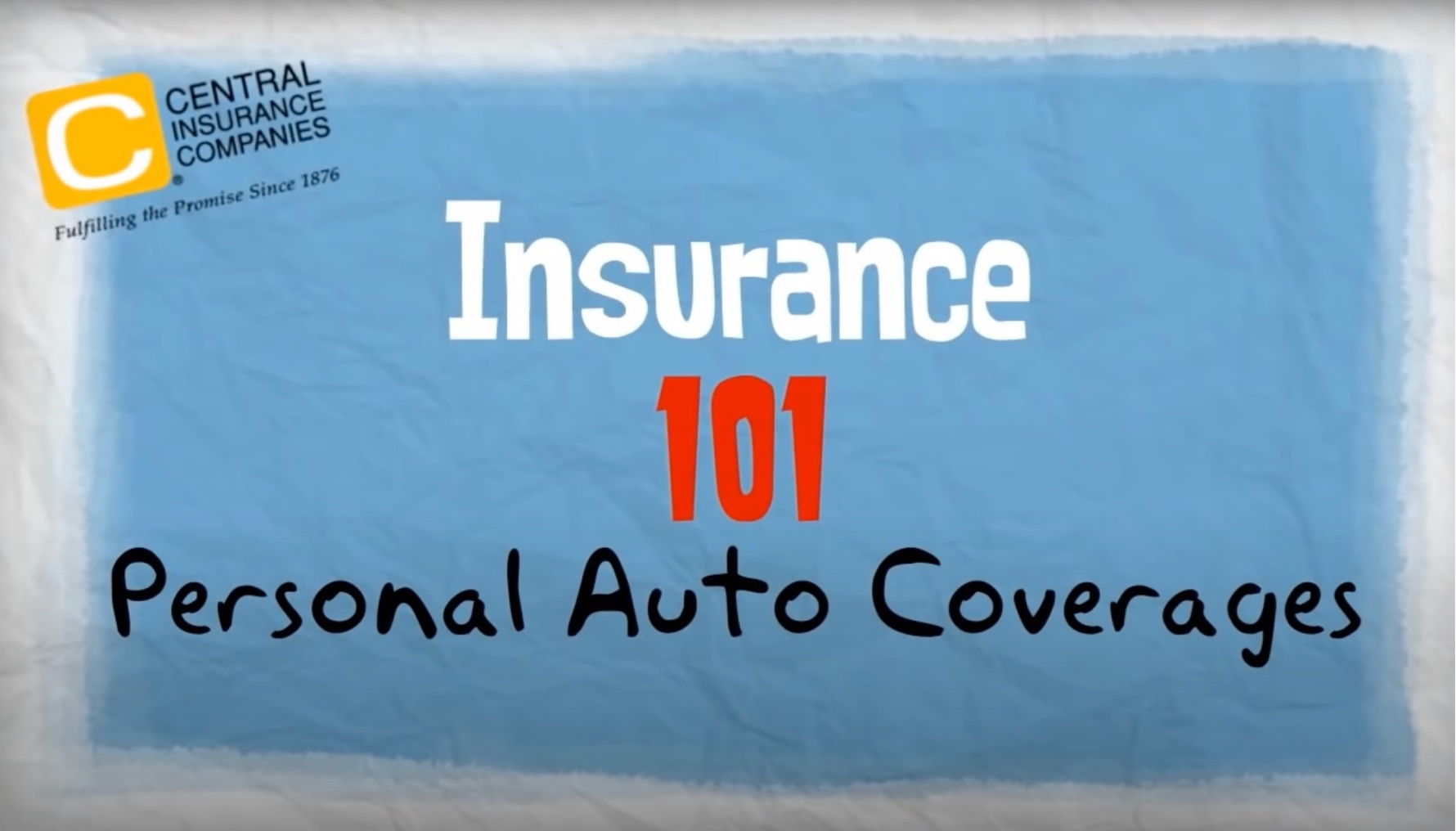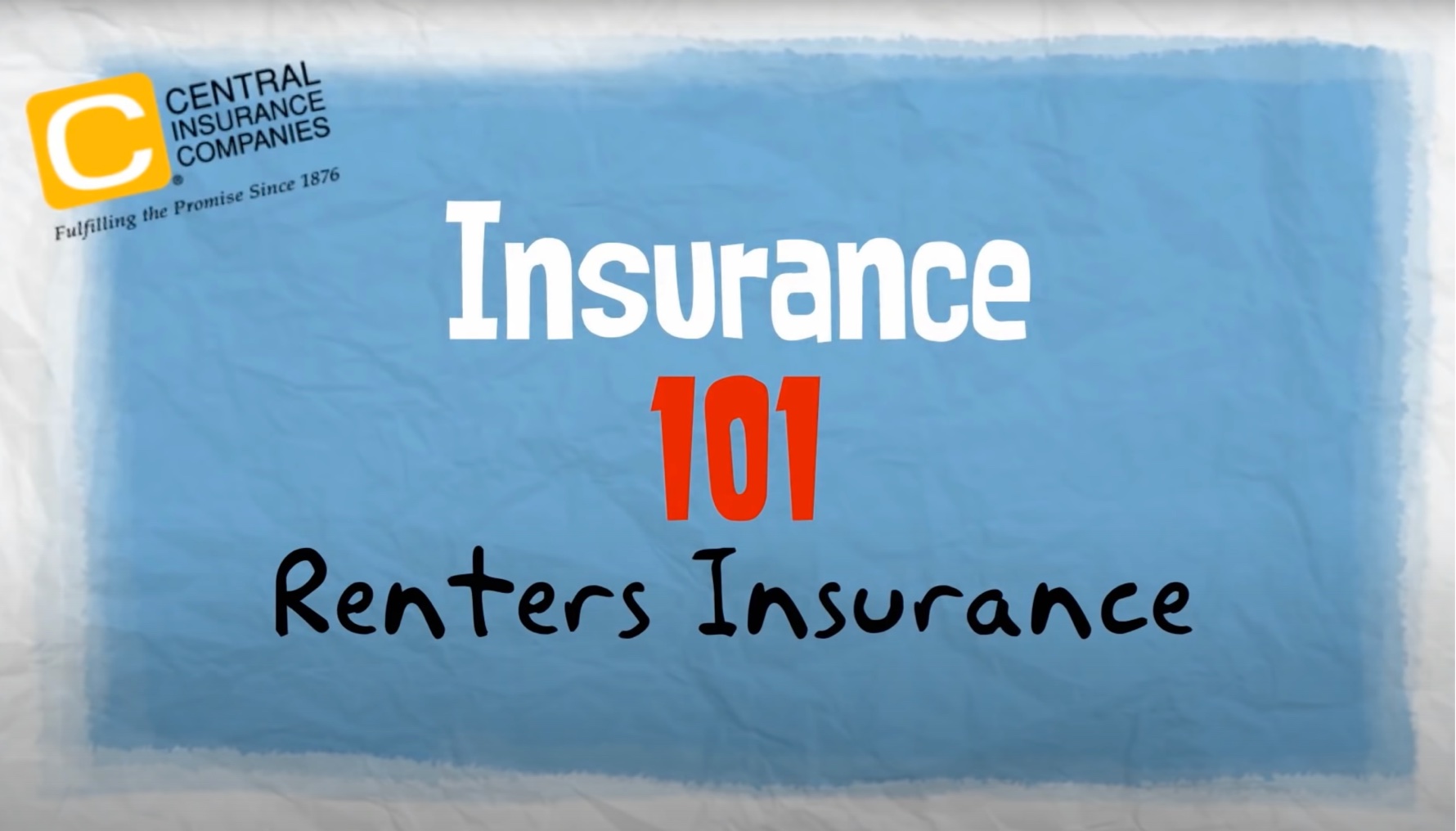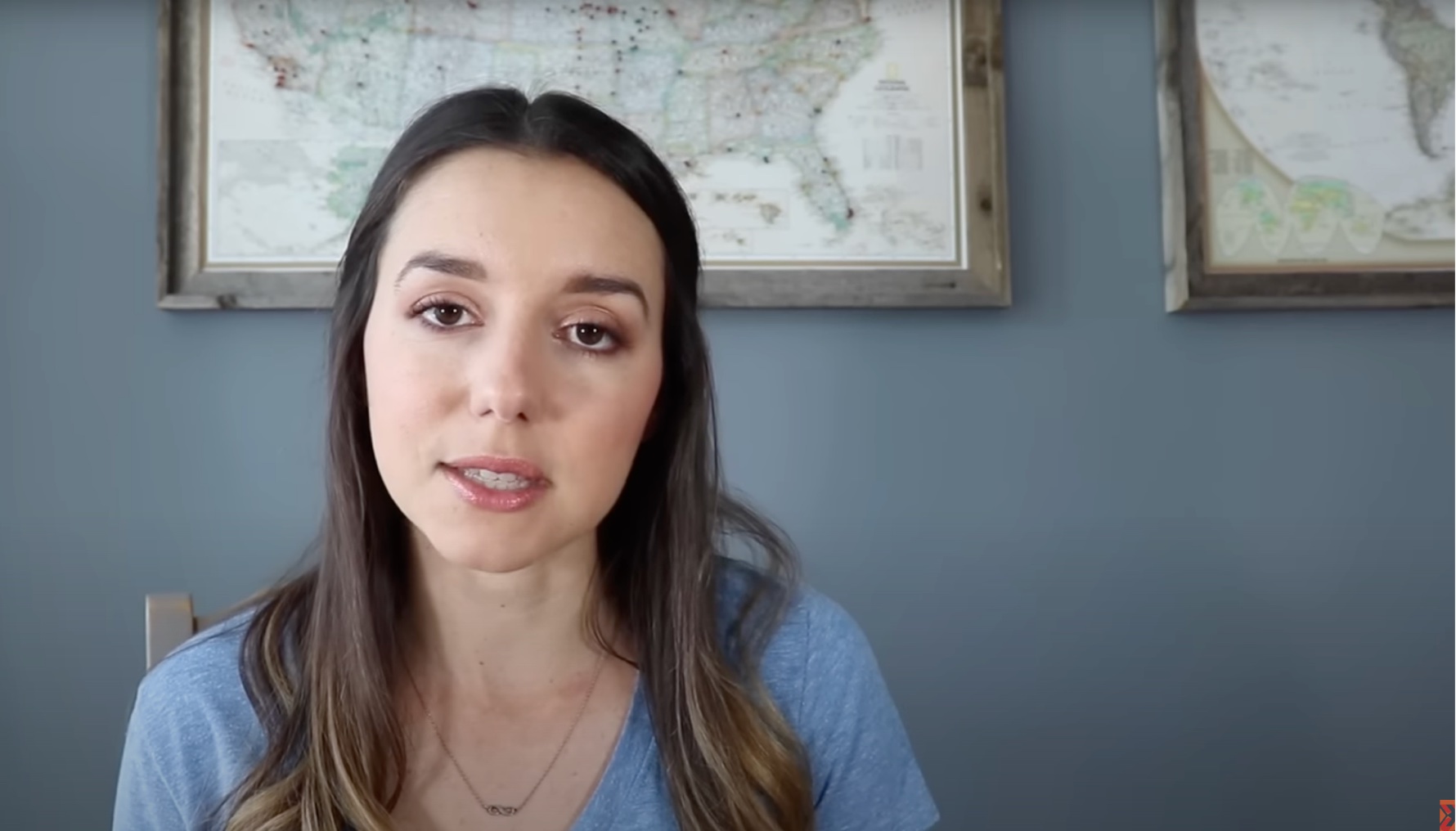This website uses cookies so that we can provide you with the best user experience possible. Cookie information is stored in your browser and performs functions such as recognising you when you return to our website and helping our team to understand which sections of the website you find most interesting and useful.
Having insurance for your car or home, even if you’re renting, is a good way to protect your most valuable possessions—and it’s often required by law.
Car Insurance
If you drive a car, you’re required by law to have car insurance. How much you have depends on where you live and what you want to pay for. Typically, car insurance covers harm to property and people if you’re in a car accident or your car gets damaged.
Home and Renters Insurance
Whether you own or rent a home, you can insure your stuff in case of a break-in, or if there’s a fire or other disaster. Usually you’ll need to make a list of the things you’d like to be able to replace and identify how much each item is worth.
Get Answers:
Anyone who owns a car needs to have car insurance, by law.
Each state has its own requirements that tell you how much insurance coverage you have to have. Here is a chart that shows each state’s requirements. Most states require you to have insurance that covers injuries to people involved in a car accident as well as property that was damaged. Most people want to have car insurance that will also pay for damage to their own car if they’re in an accident.
That depends on how much coverage you want and who you choose as your insurance company (or insurer). Shopping for insurance can be a headache, but it’s worth it to shop around. Every company will cover the minimum you need to have by state law and will also offer you much more. Here’s some advice on how to shop for car insurance.
Most states require you to have insurance that covers injuries to people involved in a car accident as well as property that was damaged in an accident. Most people want to have car insurance that also will pay for damage to their own car if they’re in an accident, as well as medical expenses for them and their passengers.
If you’re in a car accident, you may decide or may be required to file an insurance claim with your insurance company. A claim states that you wish the insurance company to cover the expense of the damages (to property or people). If you’re in an accident, insurance companies will want you to call them right away, even from the scene of the accident if you can. They will then work with you to handle all the details of getting your car repaired and paying money to others involved in the accident (if you were at fault). Every time you file a claim with your insurance company, there’s a chance that they will increase your rates.
A premium is the amount you have to pay the insurance company for your coverage—basically, the price of your insurance. Premiums are paid regularly. Auto insurance often has a premium you pay twice a year, but you can almost always choose to pay it once a month instead to keep the payments lower.
Most car insurance comes with a deductible. This is an amount of money you’re responsible for paying yourself if you need to file an insurance claim. For instance, if you have an accident that causes $1,000 in damage to repair, and you have an annual deductible of $500, you will need to pay the first $500 of the repair and then your insurance company will pay the rest. Deductibles usually reset every year.
“At fault” accidents are car accidents where you are the person responsible for the accident. That may be because you were not following traffic laws like speed limits, stop signs, or traffic lights, or because you were driving recklessly. If police are called to the scene of an accident, they will file a report that includes which driver was “at fault.” If police are not called to the scene, the insurance companies of all drivers involved in the accident will determine who was at fault.
While renters insurance is not required by law like auto insurance is, it may be required by your landlord. Whether or not it’s required, it’s a good idea. Renter’s insurance protects your home belongings in case they get damaged in a fire or other accident, or if they’re stolen. The insurance company will pay to have your items replaced at fair market value.
The answer depends on whether you’re a homeowner or a renter. It also depends on how much stuff you own and want to cover. Homeowner’s policies need to cover the cost of completely rebuilding your home if it’s destroyed in a fire or tornado, for example. And whether you own or rent, you should have coverage for all the belongings you want the insurance company to replace. Making an inventory of all of your stuff and estimating its fair market value is the best way to decide how much coverage you should get. Homeowners insurance can also offer you liability coverage in case something happens to someone while they’re visiting your home.
How much it costs depends on how much coverage you want to pay for. Homeowners insurance costs on average between $1,000-$2,000 per year, and usually gets folded into your mortgage payment. Renters insurance costs much less, on average about $15 a month. You can often combine your renters/homeowners insurance with the same company that provides your auto insurance to get a discount.
Homeowners and renters insurance cover the replacement cost of all the stuff in your house or apartment if it gets destroyed or stolen. Homeowners insurance also covers damage to the building itself, since you own that. But not all policies cover the exact same things. It depends on how things got damaged or destroyed, and some basic policies don’t cover certain types of items, like jewelry or art. You can always add extra insurance to cover special items not covered by your basic plan, but that will cost you a little extra.
“Fair market value” is the amount of money something you own is worth. If you bought a sofa for $500, for instance, a year or two later it may only be worth $300 if you tried to sell it. Insurance companies typically pay you fair market value for belongs that have been destroyed or stolen, not the original amount you paid for them.





